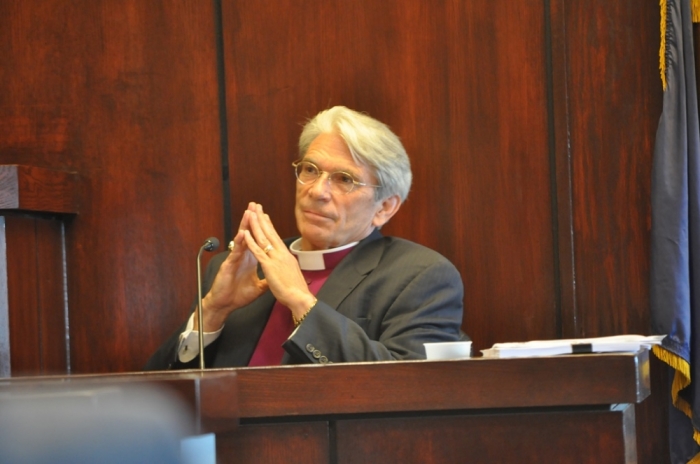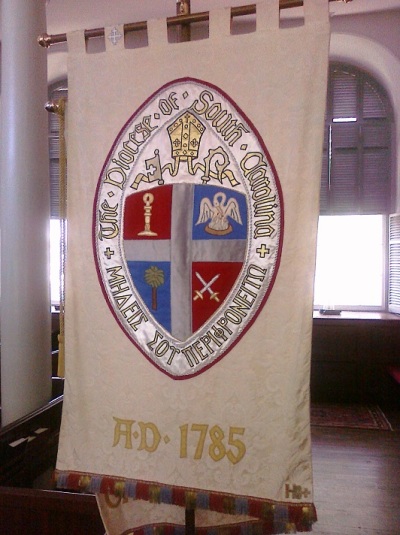Trial Concludes Over Breakaway SC Diocese's Property Dispute With Episcopal Church

After two weeks of testimony, the trial phase of a legal dispute between The Episcopal Church and a Diocese that broke away over theological differences has concluded.
The lawsuit over the property and name of the Episcopal Diocese of South Carolina concluded last week, with the decision expected sometime in the fall.
In November 2012, the Diocese of South Carolina voted overwhelmingly to leave The Episcopal Church due to theological differences and the national denomination's treatment of the Rev. Mark Lawrence, bishop of the diocese.
A lawsuit soon ensued between the breakaway diocese and those within the diocese who remained loyal to TEC.
The Rev. Jim Lewis, Canon to the Ordinary for the Diocese, told The Christian Post that he felt the 14-day trial went well.
"Our legal counsel did an outstanding job of presenting our case (that our Diocese and parishes have a legal right to disassociate from TEC) and on the flip side, of discrediting all the arguments made by TEC," said Lewis.
"These points were made crystal clear not only in the testimony presented by our witnesses, but with equal force in their cross examination of those witnesses called by TEC."
Decisions leading up to the trial tended to be in favor of the breakaway leadership. This included an injunction allowing for the breakaway diocesan leadership to be labeled "Diocese of South Carolina"; the pro-TEC group took the name "The Episcopal Church in South Carolina."
Another was the decision to try the case at the state level instead of federal court, where TEC supporters felt they would have a better chance of winning.
The South Carolina Diocese has argued that their claim to the name and property stems from the "neutral principles" standard, which decides ownership via looking at the property records.
"The judge made it abundantly clear throughout the case that South Carolina does not accept a hierarchy argument in such cases. She will make her decision based upon neutral principles of law," said Lewis to CP.
"Opposing counsel acknowledged during the trial that they know they are arguing against a state precedent that is clear. This diocese and its parishes have acted within our rights under the laws of the State of South Carolina and look forward to the judge's ruling sometime in the next few months."

The Episcopal Church and TECSC have argued that the property belongs to them due to the issue of hierarchy, specifically that as a hierarchical entity TEC has the right to govern its own affairs.
The Episcopal Church does not recognize the dismissal of dioceses, which means that the property would remain with them even if a diocesan leadership votes to leave the denomination.
Holly Behre, director of Communications for TECSC, provided CP with a statement regarding the trial and its possible outcome.
"No matter how Judge Goodstein eventually decides, there will not be any winners in this as long as our church is divided. The Episcopal Church in South Carolina continues to pray for reconciliation," said Behre.





























